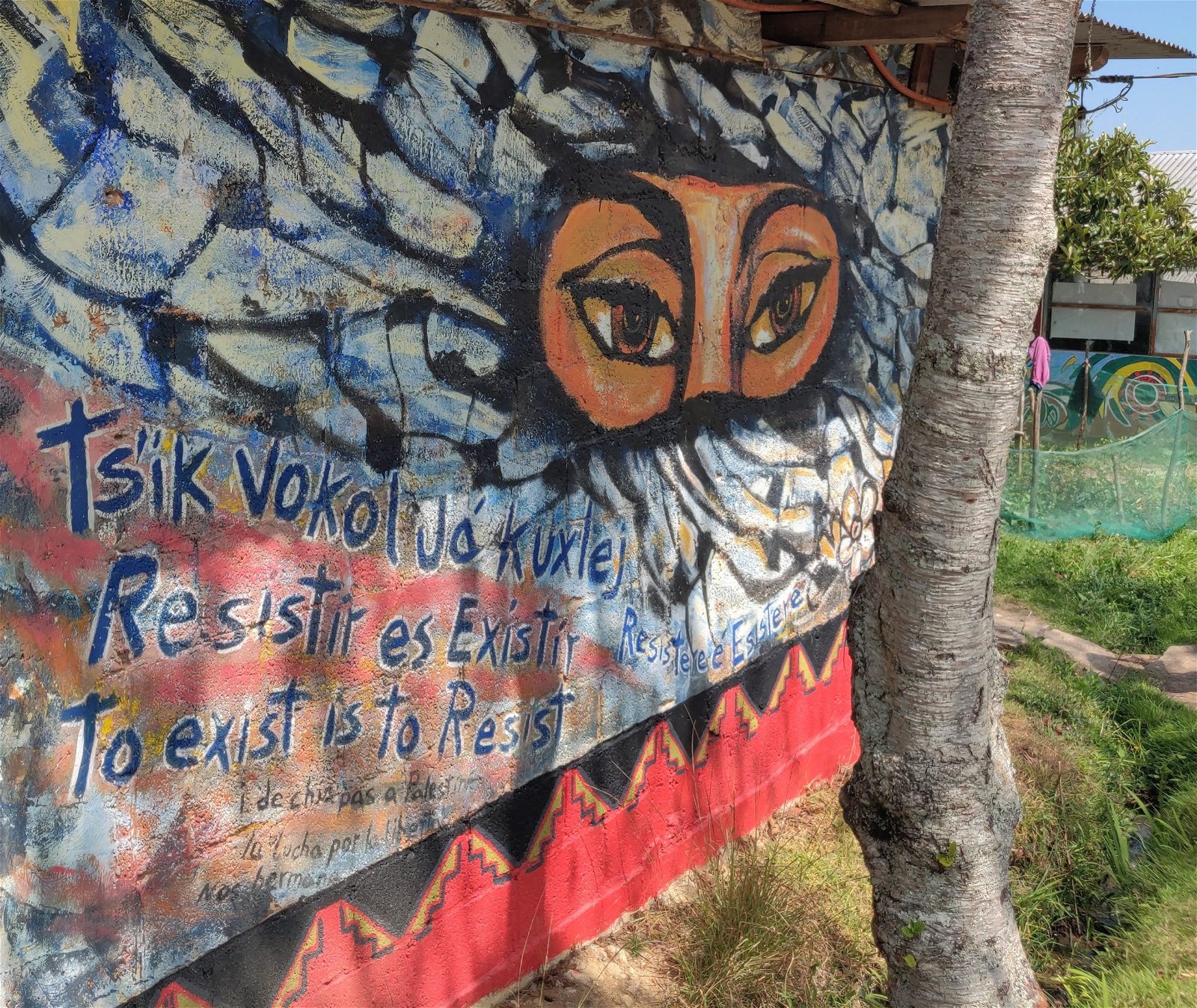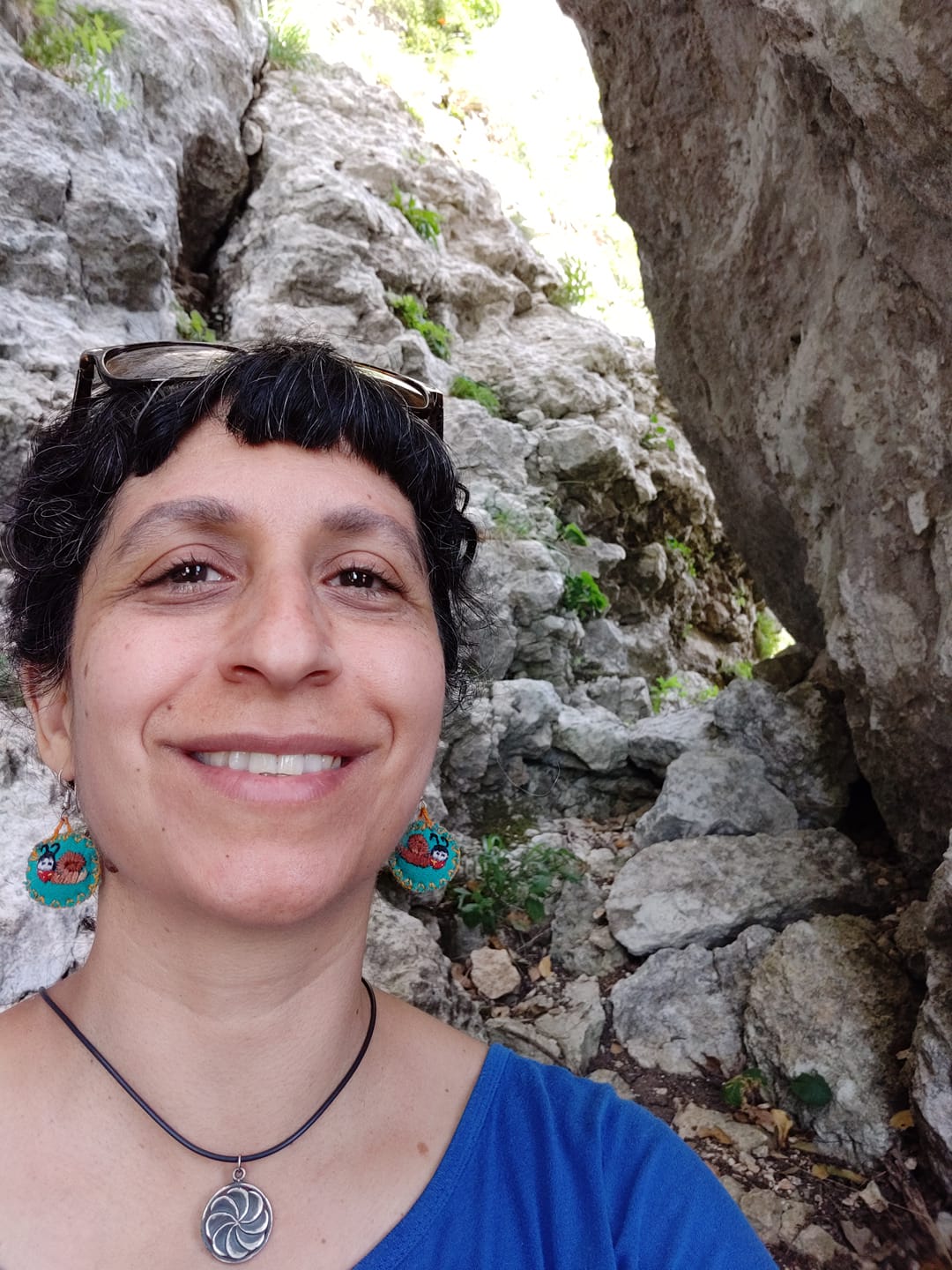What does it mean, that we still exist? And when are we still? With ourselves? With one another? With the voice of the wind in the trees, the cooling summer rain, the tenderness of this very moment and of seedlings growing hope of a future without fear…
~
On June 30, 2021, the Armenian Weekly featured “a protest letter addressed to the Union of European Football Associations (UEFA)… [by] the Global Network to Free Armenian POWs.” The letter was one of several strategic actions to hold the UEFA and participating countries accountable to their own statements on human rights, at a critical time in efforts to secure the release of all Armenian POWs still being held illegally and inhumanely in Azerbaijan.
Timed with the letter, and on the heels of silent protests held globally in the spring, a petition was circulated widely with the aim of reaching at least 100,000 signatures by the July 3 UEFA quarterfinals game in Baku. However, by game day it had been signed by about 13,000 people, or approximately 0.1 percent of the global Armenian population, which estimates place between 10 to 11 million people. Considering that some non-Armenians signed the petition, the actual percentage of Armenians who signed may be even less than 0.1 percent of our whole.
What Happened?
Responses to the petition from prominent Armenians may offer some illumination. For example, according to an elder in Armenia active in the preservation of Armenian folk music, “The petition won’t do a bit of good. There’s been…hundreds of similar petitions, all to no good.” The former director of a leading Armenian foundation expressed similar sentiments. A Los Angeles connection serving on boards of Armenian organizations informed me that “Change.org does not change anything. I’m ok to sign, but just want you to know it does not impact anyone’s decision anywhere in the world.”
In these words, I hear and feel the pain they hold, the wounds ripped open anew through the 2020 Artsakh War. Its roots run as deep as the ashes of our murdered ancestors are spread wide across Anatolia and Der Zor, casting shadows throughout our lives. Even while learning from and with liberation movements within and beyond the US, for a long time I had little hope and faith that justice and healing for our people would ever come. Paradoxically, for some of us the war and its live wires are electrifying that despair into a fire the darkest days cannot put out.
With those who have suffered hate, war and displacement generation after generation, it is understandable for the recurring violence of injustice and invisibility to leave hearts and minds too raw and too jaded to sustain hope of a brighter world. No Armenian person I know, myself included, is left unscathed by the recent, historic and ongoing thefts of Armenian lives, land and culture, while existential meta-crises reach a fever pitch around the world. But what will happen if we all stop believing we can make a difference?
Leading up to the game in Baku, in circulating the petition I wish I had invited people to sign it from the highest, most light-filled place and bring active, life-affirming hope into each act. Unlike soccer, petitions and protests are about more than striking a goal or winning a match. We can impact the present and help shape the future well beyond our lifetimes in ways we may never know. Every action we make affects the interdependent systems we are born into, and our words have power.
Yes, petitions alone may rarely bring change, and there are countless worthy struggles vying for attention. Despite our efforts, or the parallel efforts of LGBTQ activists and others calling for the UEFA to stop supporting oppressive regimes, there was no boycott of Baku. The UEFA game took place on July 3 without a hitch, another invisibilizing blow for families justly demanding the release of loved ones held captive a short distance from the soccer stadium.
But the story will not end here.
What Could Be?
In the wake of the May 2020 murder of George Floyd and of so many of our African American kin, Dr. Angela Davis—scholar, civil rights icon and author of several books including Freedom Is a Constant Struggle (2015)—remarked during the June 19 Port of Oakland shutdown that she had dreamed of but had never seen such uniting and uprising of people against systemic racism, in the US and globally. The Oakland action was part of a larger effort that day in which all US west coast ports were shut down “to honor Juneteenth: the date when enslaved people in Texas learned that they were free in 1865, more than two years after slavery officially ended in the United States.” And all these efforts are a part of movements which are even larger and still unfolding.
What if each action we make, as individuals and as communities, is not about resolving the entire injustice or conflict all at once, but rather, is one part of the whole? Thomas Hübl, co-founder of the Pocket Project and a global pioneer in collective trauma healing, teaches that when we look at the big issues, we can become hopeless because it seems like they are never solvable. As he puts it, “I can do what I can do through my own efforts, and I will affect a certain radius of people… But if I don’t do even that because I constantly am paralyzed by the big issues, then nothing’s going to happen. So whatever we can do, we have to do.”
Enchanting storyteller and Jungian analyst, Dr. Clarissa Pinkola Estés captures this spirit and offers empowering ways forward in her 2003 “Letter to a Young Activist During Troubled Times.” She suggests, “Ours is not the task of fixing the entire world at once, but of stretching out to mend the part of the world that is within our reach.” While activism can take as many forms as there are people, surely signing a petition is—or could be—within the reach of more than 0.1 percent of us, even while it seems like our hearts may never stop aching.
A similar call to action pervades Dr. Khatchig Mouradian’s “Letter to an Armenian-American Activist.” Relating Armenian struggles with then-newly elected President Barack Obama’s historic win in November 2008, Mouradian, a lecturer at Columbia University, prophetically urged:
Do not forget that all your activism here in the U.S. is just a means to exert pressure on the Turkish state and help educate the public.
It is not an end in itself.
Do not forget that, even when your President acknowledges the Armenian Genocide, you will still have long way to go.
You will still have to struggle and educate. You will still have millions of hearts and mind[s] to win over… of the people who inherited–willingly or not–the legacy of a genocidal regime…
The road to truth and justice is a long one.
It did not start with you. And it will not necessarily end in your day.
But it sure requires your dedication.
So roll up your sleeves and get to work.
“The Dream of a World That Is Not Perfect, But Better”
The liberation movement of Indigenous Peoples in Chiapas, Mexico offers a unique perspective on action, dedication and failure. Beginning in the early 1980s with just six people in the mountain jungles of Chiapas, the movement became known as the Zapatistas and spread like divine wildfire against all odds in response to over 500 years of intense colonization. This June, they published an open letter, “The Journey for Life: Where Are We Going?”, as a group of Zapatistas makes its way across Europe for the very first time. From the English translation:
The first thing you should know or understand is that… when we are going to do something, we first prepare for the worst. We start from an assumption of failure, and…we prepare ourselves to face it or, in the best of cases, to avoid it.
For example, we imagine being attacked, the usual massacres, genocide dressed up as modern civilization, total extermination. And we prepare for those possibilities…we did not imagine defeat, we assumed it was a certainty.
Maybe that will help you understand the reason for our initial astonishment… when, after much time, work and preparation for ruin, we found that… we lived.
How might the passages above mirror the experiences of those who gave their all to resist the horrific yet ultimately failed attempts to annihilate our people 106 years ago? The Zapatista’s letter closes with a dream I imagine the ancestors celebrating, circle dancing in their restless, bleeding graves:
We are going to embrace… [and] whisper to them [those they meet on the journey] that it is worth the resistance, the struggle, the pain for those who are no longer here, the rage that the criminal is unpunished, the dream of a world that is not perfect, but better: a world without fear.
What part of that world is within your reach? What living possibilities do you hear in the voice of the wind, the trees, the rain, the seeds, and whatever calls you home?

Editor’s Note: For those interested in learning about the impact of the petition to the UEFA, there is an update from July 15 which summarizes significant successes, includes links to key news reports generated by the campaign, and points to paths forward.



Important and thought-provoking reflection – and well said!